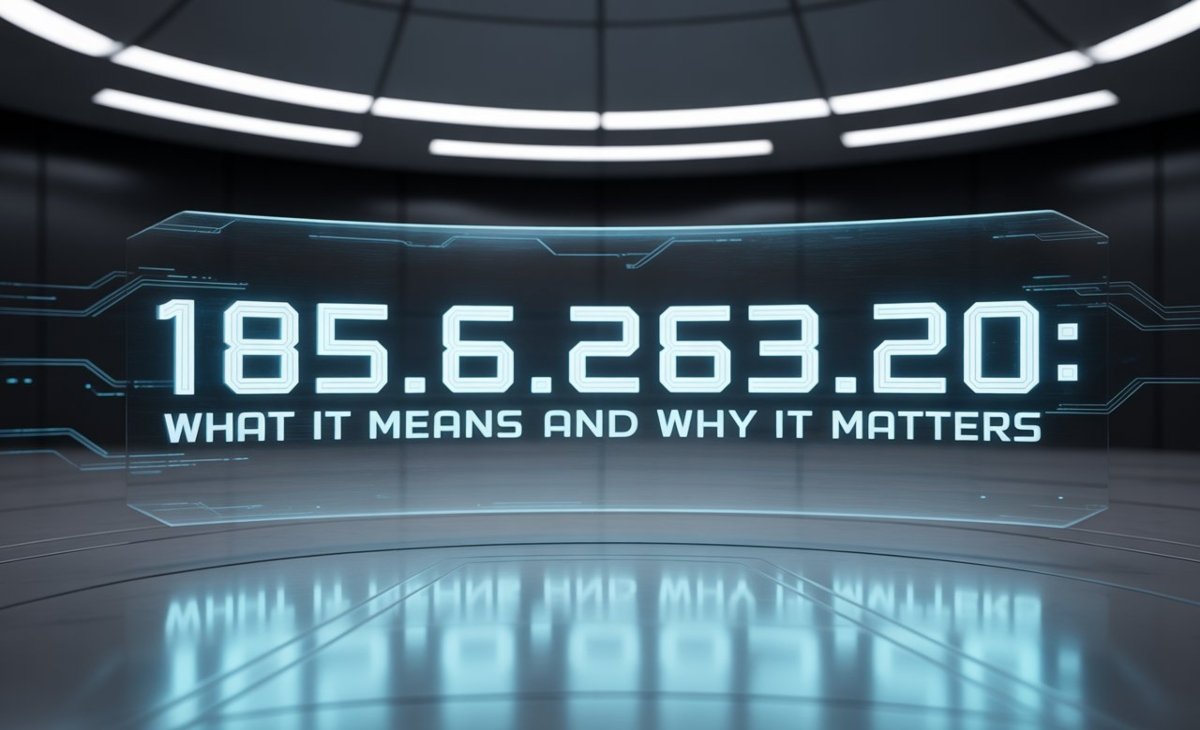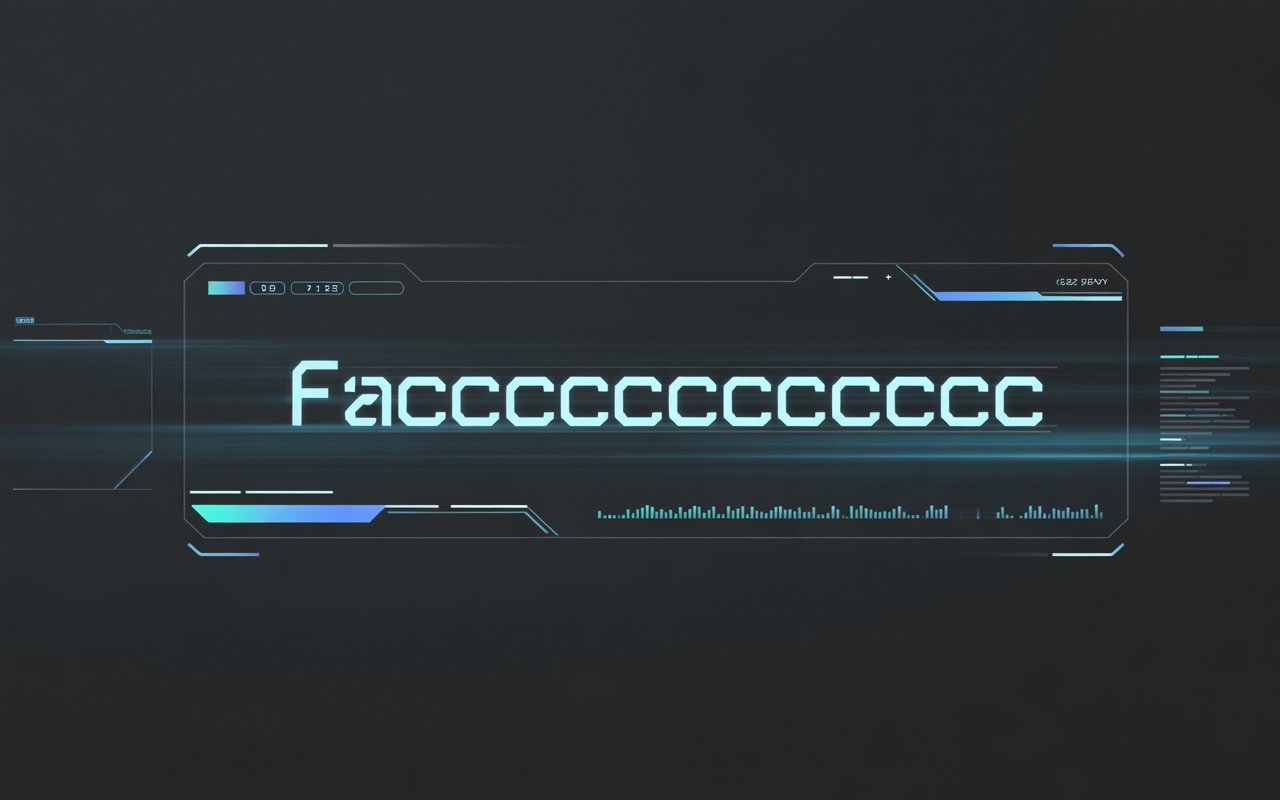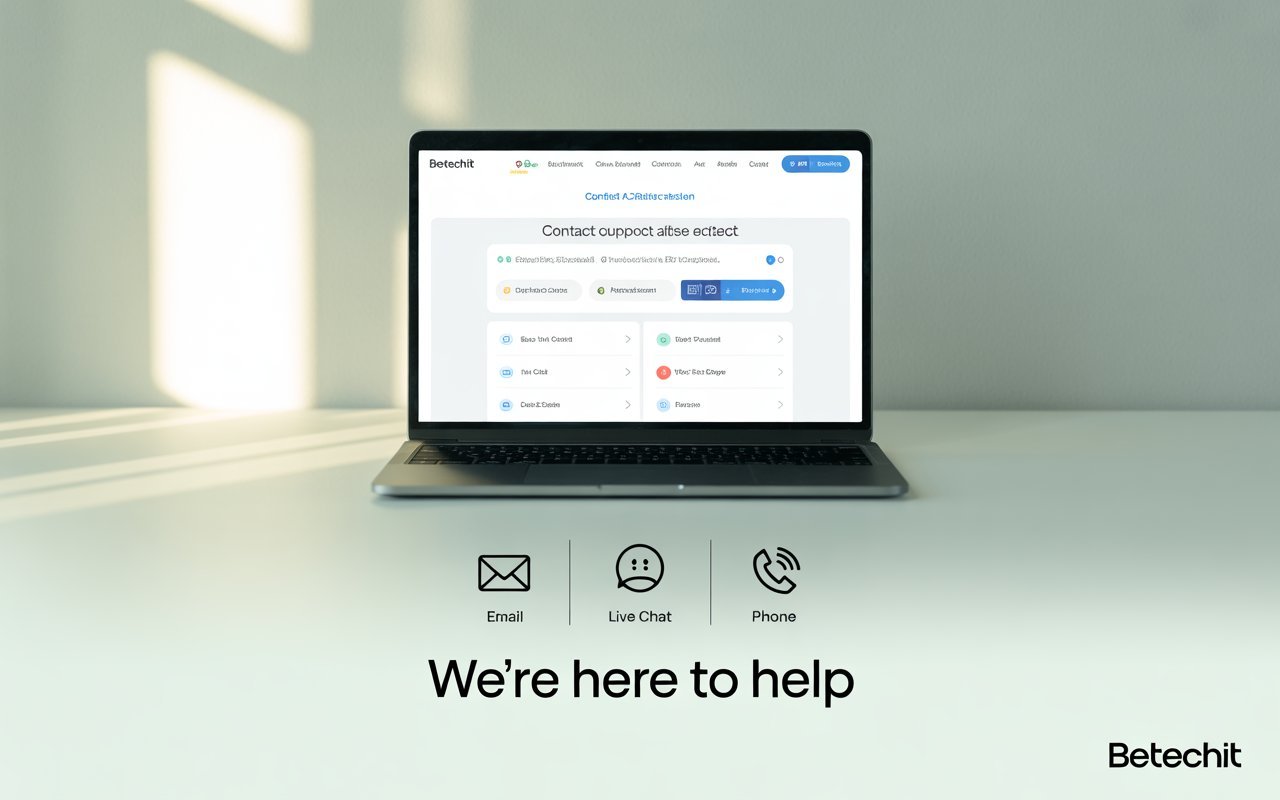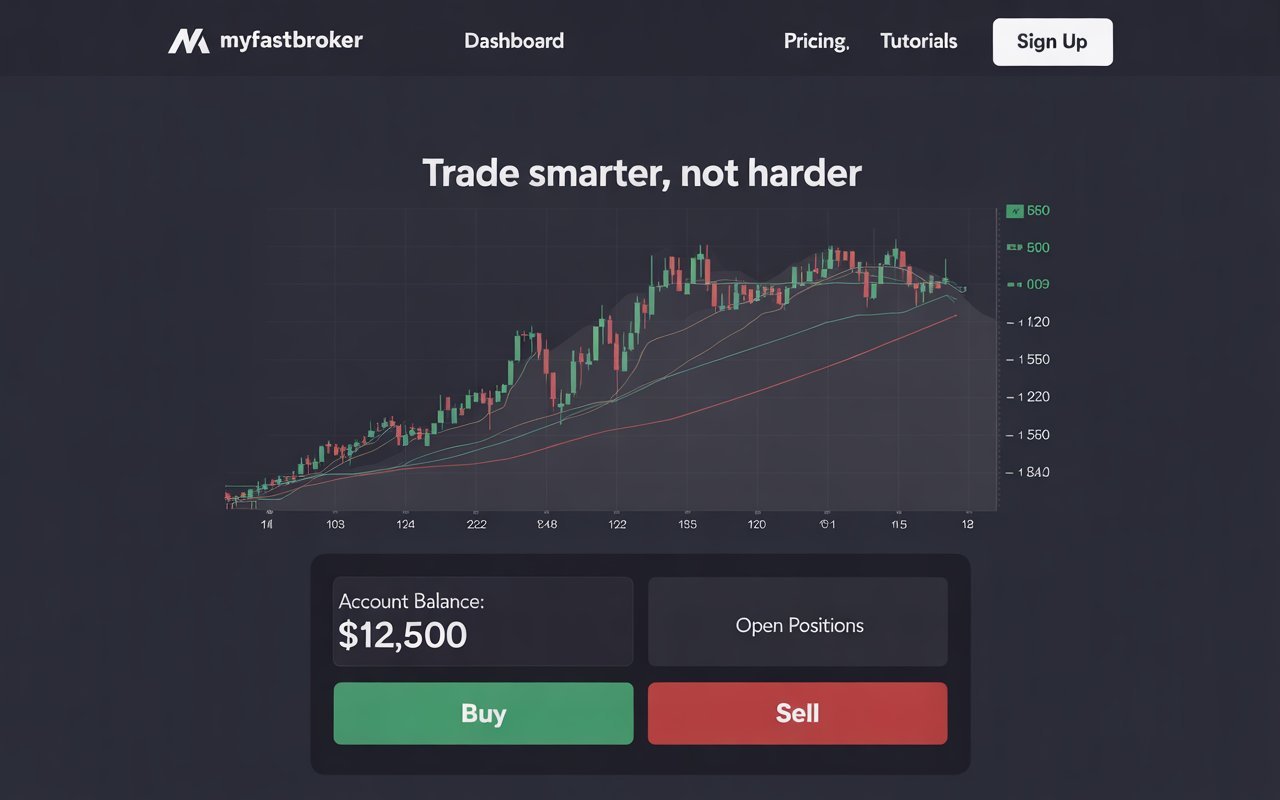The internet runs on a system of numbers that most people rarely think about—IP addresses. These numbers are like digital street signs, quietly guiding information to the right place. One such address, 185.63.263.20, often sparks curiosity when it shows up in server logs, browsing records, or security checks. At first glance, it might look like a random set of digits, but there’s more behind it. In this article, we’ll break down what 185.63.263.20 represents, why it shows up in searches, and what you should know if you encounter it.
What Is 185.63.263.20?
At its core, 185.63.263.20 is an IPv4 address. IPv4 addresses are built from four sets of numbers separated by dots, and they work as the backbone of online communication. Think of them as home addresses for devices, helping traffic find the right destination across the web.
When you enter a website name into your browser, the system translates that domain into an IP like 185.63.263.20. Without this process, your computer wouldn’t know where to send or receive data.
This specific address could belong to a server, a hosting provider, or even a proxy system. Sometimes, people stumble upon it while digging into their server settings, checking connectivity, or analyzing unusual activity online.
Why Do People Search for 185.63.263.20?
It may seem strange that so many people look up a single IP address, but there are several reasons this happens:
- Cybersecurity checks: IT professionals often monitor traffic sources. If 185.63.263.20 repeatedly appears, it might be flagged for investigation.
- Web hosting: Many hosting companies assign dedicated IPs to servers. This one could be part of a hosting service that users interact with while running their websites.
- Geolocation curiosity: Some people search IP addresses just to see where they’re based. Lookup tools can give details like country or network provider.
- Technical troubleshooting: Developers and administrators often use IPs like 185.63.263.20 when testing configurations or tracking down connection issues.
In short, this address could appear in everyday browsing or in more specialized technical contexts.
The Role of IP Addresses in Online Communication
To understand 185.63.263.20, it helps to step back and look at the bigger picture. IP addresses play several essential roles in how the internet works:
- They identify devices so communication is accurate.
- They route traffic, guiding data packets across the web.
- They resolve domains, connecting names like Google.com to their numeric addresses.
- They support security monitoring, helping experts trace suspicious patterns.
Without IP addresses, the internet wouldn’t function as the smooth, interconnected system we rely on today.
Security Considerations for 185.63.263.20
Spotting an unfamiliar IP address in your network might raise questions. Should you worry about 185.63.263.20? The answer depends on context.
- If you notice an unusual spike in traffic from this IP, it could suggest automated bot activity.
- Security tools like VirusTotal or AbuseIPDB can check whether it’s linked to malicious behavior.
- Firewalls allow you to block traffic if the address appears suspicious.
- Regular monitoring can help determine whether it’s harmless background activity or a potential threat.
It’s worth remembering that not every appearance of this IP indicates danger. Sometimes, it’s just part of normal browsing or system testing.
How to Trace 185.63.263.20
If curiosity—or caution—leads you to investigate further, several tools can help trace this IP address:
- Online lookup tools: Free IP search sites can show the Internet Service Provider (ISP), region, and sometimes organization linked to it.
- Server logs: Checking your website or firewall logs reveals how often 185.63.263.20 connects and what actions it takes.
- Network commands: Tools like ping, traceroute, or nslookup can give insights into its path and connectivity.
- Hosting information: If the address belongs to a hosting provider, a lookup may show whether it’s tied to a server or proxy system.
These steps don’t always provide exact answers, but they can help paint a clearer picture of where the IP comes from and what it’s doing.
Why Understanding IPs Like 185.63.263.20 Matters
Even if you’re not an IT professional, knowing a little about IP addresses can be helpful. For everyday users and businesses alike, awareness has its benefits:
- Safer browsing: Recognizing unusual IPs can help you avoid potential risks.
- Better website management: Website owners often need to know server IPs for setup and troubleshooting.
- Stronger cybersecurity: Businesses and individuals can use IP tracking to spot suspicious patterns early.
- Greater digital awareness: Understanding addresses like 185.63.263.20 builds confidence when navigating the online world.
Tips for Staying Safe When Encountering Unknown IPs
If you come across 185.63.263.20 or any unfamiliar IP, a few simple habits can keep your network secure:
- Use a reliable firewall and antivirus system.
- Monitor network logs for unusual patterns.
- Run occasional reputation checks on unfamiliar IPs.
- Keep your software and systems updated to block common vulnerabilities.
These proactive steps help ensure that even if you encounter an unfamiliar IP, your devices remain protected.
Summary
The internet may feel invisible, but behind every click and search lies a network of numbers making it possible. One such number, 185.63.263.20, serves as a reminder of how vital IP addresses are in keeping the online world connected and secure. Whether you encounter it while browsing, managing a website, or reviewing server logs, understanding its role helps you make sense of the bigger picture.
In short, 185.63.263.20 is more than just a string of digits—it’s a small but important part of the global system that powers our digital lives. If you ever see it pop up again, you’ll know exactly why it matters and how to handle it.
Common Questions About 185.63.263.20
Is 185.63.263.20 dangerous?
Not necessarily. It may belong to a legitimate hosting provider. However, if it shows repeated unusual activity, further checks are smart.
Can I find out exactly who owns 185.63.263.20?
Usually, you can only see the ISP or hosting company. Exact ownership details are private unless disclosed by the provider.
Why did 185.63.263.20 show up in my logs?
It could be part of normal traffic, a search engine crawler, or an automated bot. Checking its activity patterns helps clarify.
Should I block 185.63.263.20?
Only if it causes suspicious or harmful traffic. Otherwise, it may be harmless.





